Imagine the mix of excitement and nervousness of kids heading to their first day of school. Some march confidently into the classroom, ready to dive into this new adventure. Others hold onto their parents, feeling a bit scared of the unknown. As the day goes on, they meet their teachers, make new friends, learn exciting things and face different challenges. This shows that many things influence how a child grows and develops.
Though we often use “growth” and “development” in a similar way, they actually refer to different things. Growth focuses on physical changes, like getting taller or gaining weight. Development, on the other hand, is about maturing mentally and emotionally, such as improving problem-solving skills and behaving responsibly. Both aspects are interconnected and crucial for a child’s overall progress.
7 Key Factors that Influence Child Growth and Development
Child growth and development are complex processes influenced by a myriad of factors. Understanding these factors can help parents, educators and caregivers create environments that foster healthy growth and development.
- Genetics
- Environment
- Gender
- Physical and mental well being
- Nutrition
- Family and social life
- Education
Genetics play a foundational role in shaping a child’s physical and mental traits. From eye colour to intelligence, children inherit a unique blend of genes from both parents. These inherited traits set the stage for their potential, including height, weight and susceptibility to certain health conditions.
Some genetic disorders, like Down syndrome or cystic fibrosis, can impact development, so early diagnosis and intervention are important for managing these conditions.
The environment a child grows up in hugely affects their development. This includes the physical surroundings and the emotional and social atmosphere.
A loving and stable home where children feel safe helps them thrive. Stimulating toys, books and activities foster cognitive and physical development. Beyond the home, the neighbourhood and community play a role too. Access to parks, libraries and community centres provides chances for physical activity and learning, while unsafe or deprived areas can negatively impact a child’s development.
Gender can play a big role in a child’s growth and development. Societal expectations often shape the experiences and opportunities available to boys and girls. For instance, boys and girls grow at different rates, especially during puberty, with boys typically having a later but more rapid growth spurt and girls maturing earlier. This can affect their physical abilities and social interactions.
Society also imposes different expectations on boys and girls, influencing their interests and behaviours. Boys might be encouraged to be more active and assertive, while girls are often steered towards nurturing roles and quieter activities. These norms can impact a child’s self-perception and the opportunities they pursue.
A child’s physical and mental well-being are deeply connected and play a big role in their overall development. Regular check-ups, vaccinations and a balanced diet with exercise keep kids physically healthy, which supports their cognitive and emotional growth.
Mental health is just as important. Kids need a supportive environment to express their feelings and learn coping skills. Addressing mental health issues like anxiety or depression with professional help and family support is crucial for their development.
Nutrition is key to a child’s growth and development. A balanced diet, including fruits, vegetables, grains, proteins and dairy, provides essential nutrients for both physical and mental growth. For example, calcium and vitamin D support bone development, while proteins help build muscles.
On the flip side, both malnutrition and obesity can seriously impact a child’s development. Malnutrition may cause stunted growth and delays, while obesity can lead to health issues like diabetes. It is important to teach families about healthy eating to avoid these problems.
A child’s family and social life play a big role in their development. The way they interact with family and friends helps shape their social skills and emotional well-being.
Parents and siblings are key influences, with positive parenting creating a supportive environment. Siblings offer companionship and learning opportunities. Friendships with peers teach important skills like cooperation and empathy, so encouraging group activities and playmeets can really boost their social growth.
Education plays a crucial role in child development, setting the stage for future success. Early childhood education, like preschool, helps kids develop essential skills, from cognitive growth to social and emotional well-being. A strong start in these early years can make a big difference in how ready they are for school and their future academic journey.
As kids move into primary and secondary school, formal education builds on what they have learnt before. It offers a structured environment where they gain academic knowledge and critical thinking skills. Supporting a positive attitude towards learning and being involved in their homework and school activities can greatly boost their success.
Child growth and development are influenced by a complex interplay of factors, including genetics, environment, gender, physical and mental well-being, nutrition, family and social life and education. By understanding and addressing these factors, we can create supportive environments that foster healthy and holistic development in children. Ensuring that every child has the opportunity to grow and thrive is a collective responsibility that requires the combined efforts of families, communities, and society at large.
At Mother’s Pet Kindergarten, we are dedicated to supporting your child’s growth and development from their earliest milestones. We encourage active play through various activities, helping them build essential gross motor skills in a fun and engaging environment.
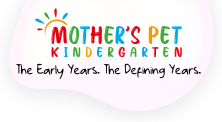

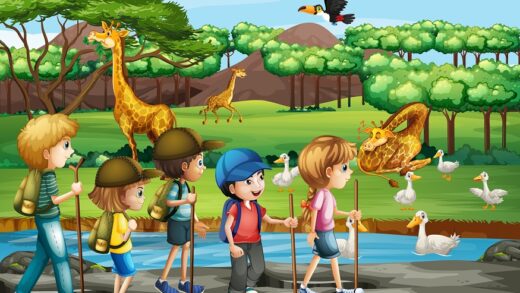

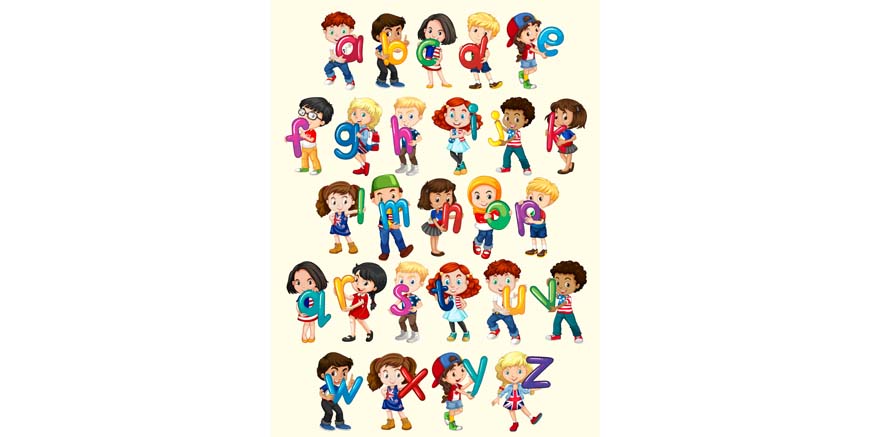

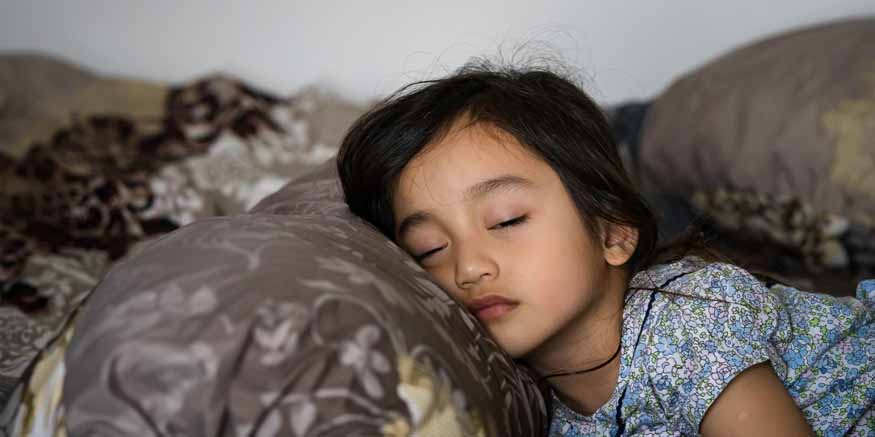
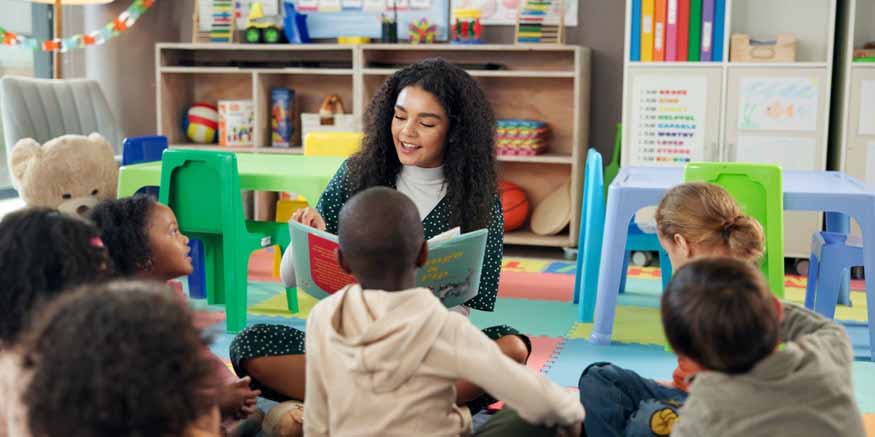
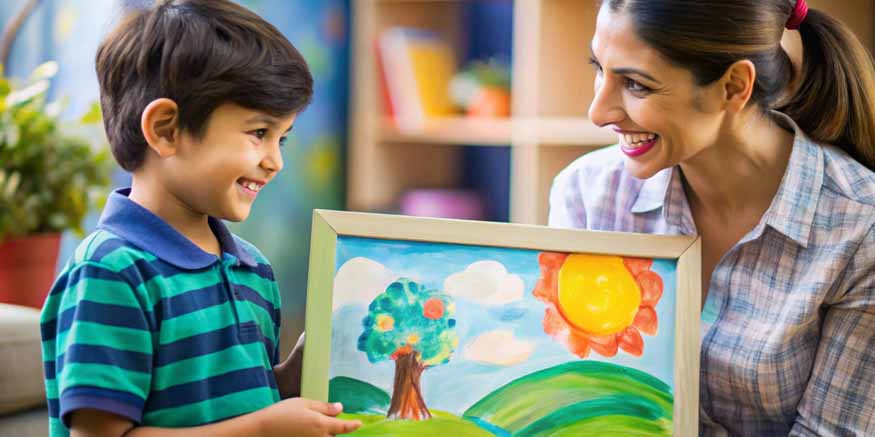
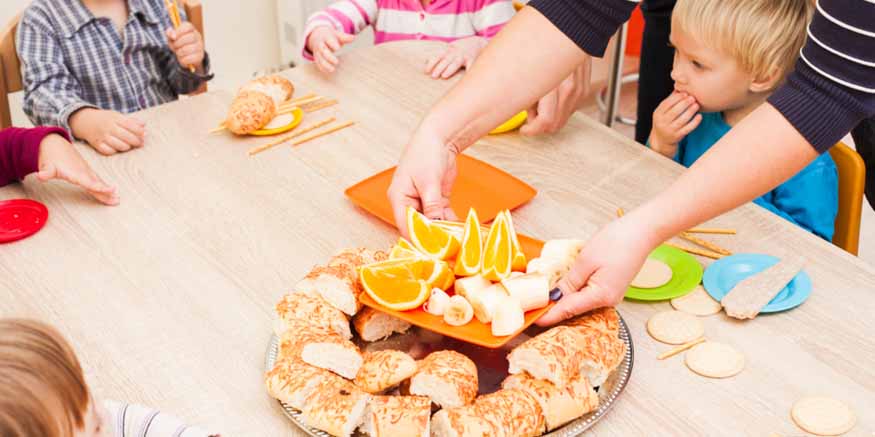

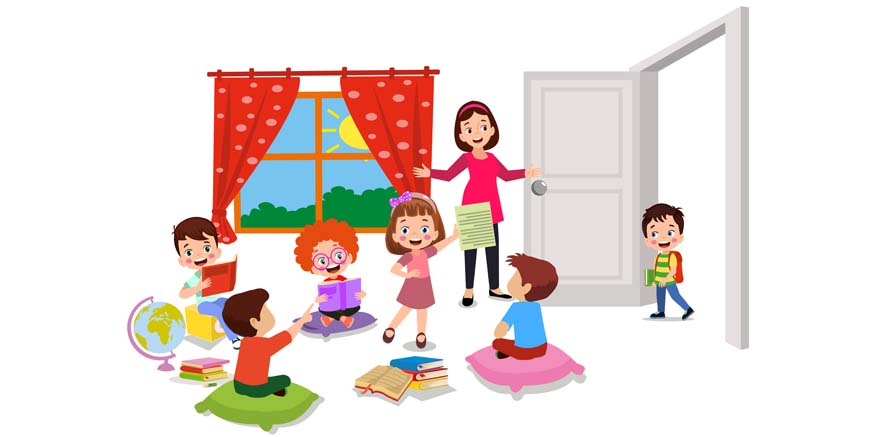

Recent Comments